The District Court of Queensland recently handed down its decision in the matter of Ruvuta v Jaderberg & RACQ Insurance [2024] QDC 107, and in doing so addressed several important issues commonly arising in personal injury matters.
In this case, the parties needed the Court to determine which event caused the Plaintiff’s injury – a car accident in 2019 or a soccer game in 2020. This may appear to be simple question, but the specific issues of this case – including contradictory medical evidence, language barriers and unreliable translators – meant finding the answer was anything but simple!
In this article, our Personal Injuries Lawyer, Rebecca Cohen breaks down this complex case and outlines how the Court came to order that the Plaintiff be paid more than $120,000.00 in compensation.
The Facts
In October 2019, the Plaintiff – then 21-year-old Rwandan refugee, who had come to Australia only eight months before – was struck by a ute while riding his bike across a pedestrian crossing.
After the Plaintiff hit the road, he hurried to get up and get out of the way as quickly as possible, to avoid being further injured. The Plaintiff claims that, as a result of this accident, he suffered a meniscal tear in his right knee, as well as some other minor injuries. He commenced proceedings in the District Court pursuant to the Motor Accident Insurance Act.
While the Defendant did not dispute liability in this matter, they did contest the nature, cause, and extent of the Plaintiff’s injury, suggesting that the meniscal tear was suffered during a soccer game the Plaintiff participated in some 14 weeks later, and not as a result of the subject car accident. In support of their position, the Defendant sought to discredit the Plaintiff and suggest that:
- There was no evidentiary basis to support the assertion that the car accident had caused the type of lateral force or twisting typically conducive of a meniscal tear injury. In fact, the Plaintiff’s GP had made note in his medical records that he was injured while playing soccer;
- The absence of any observable impairment in the Plaintiff’s work, and his perceived fitness to participate in the relevant soccer match in the first place, indicated that the Plaintiff was not suffering the meniscal tear injury or any impairment after the car accident; and
- The Plaintiff’s failure to call any witnesses from the soccer match, and what they deemed to be inconsistent reporting of symptoms to his treatment providers, was sufficient to infer he was not a credible or honest witness and should therefore not be accepted by the Court.
The Court’s Decision
With respect to causation of the subject injury, each party presented expert medical evidence which contradicted that presented by the other. Dr Angus Nicoll’s report, commissioned by the Plaintiff, concluded that the meniscal tear was caused by the car accident and Dr Scott Sommerville, commissioned by the Defendant, was of the view that the soccer game was the more likely cause.
The Court preferred the opinion of Dr Nicoll, and rejected the Defendant’s submissions that the Plaintiff ought not be accepted as honest and credible.
Ultimately, the Court awarded the Plaintiff compensation in the sum of $124,456.89, plus a contribution toward his legal costs. The sum is comprised as follows:
General Damages (for pain and suffering): $11,600.00
Past Economic Loss: $16,590.00
Past Loss of Superannuation: $1,659.00
Future Economic Loss: $75,000.00
Future Loss of Superannuation: $8,250.00
Past Special Damages: $10,857.89
Future Special Damages: $500.00
The Court’s Reasoning and Key Takeaways
As noted, it was the Defendant’s position that the Plaintiff was dishonest on the basis of his supposed ‘inconsistent’ reporting of injury symptoms, his continued ability to work after the accident, and his failure to call witnesses from the soccer game to give evidence about the cause of the meniscal tear.
The Court noted that the Plaintiff was disadvantaged by his limited English proficiency at the time of the accident, and later by the poor quality of interpreter services used when he was consulting his general practitioner around the time of the soccer match. It was discovered that the GP’s notes actually made reference to the telephone-based translator used in that appointment being distracted and of poor quality. The translator in question in fact spoke a different dialect to the Plaintiff and did not give him sufficient opportunity to fully explain that the soccer game had aggravated the knee injury caused by the car accident. As a result, the Court rejected the Defendant’s submissions about causation which relied on those unreliable elements of the GP’s notes.
The Court heard the Defendant argue that the Plaintiff had not suffered an impairment to his ability to work, supposedly evidenced by the fact he did continue to perform the duties of his role. The Court also rejected this submission, instead finding that the Plaintiff had a genuine desire as well as a legitimate financial need to continue to work, being the eldest son of his family. It was noted that the Plaintiff was stoic and determined, working despite his impairment. His employer, the operator of a mango farm, gave evidence that while the Plaintiff did not complain about working, he adopted strange mechanisms and movements when performing his work. This was supported by the evidence of another manager who had observed the Plaintiff limping while at work, and requesting that bags of produce he was required to lift be half-filled as he could not carry more weight. The Court rightly found that the Plaintiff’s continued work post-injury was a sign of his need, stoicism, and determination, and not of the absence of any impairment.
Finally, the Court considered the Plaintiff to be an honest and reliable witness, and determined that his evidence ought to be accepted despite being disadvantaged by his English proficiency and inefficient translators. In coming to this conclusion, the Court considered the available witness evidence, which spoke to matters such as his expressions of pain at the hospital, to demonstrate the nature and extent of the injury, despite him at times verbally understating the same due to the language barrier he was faced with. The Court also refused to make any adverse inference about the Plaintiff or his credibility, as by the Defendant requested, noting that there was no further evidence to be given (by, for example, spectators at the soccer match) which would reveal conflicting inferences of equal probability about the cause of the injury – going as far as to suggest the Defendant’s arguments on this point was no more than conjecture and speculation.
How We Can Help You After an Injury
This Court decision exemplifies the importance of building the strongest possible evidentiary foundation for your compensation claim. The right witness statement can take your claim to the next level, and going the extra mile to dig into something uncertain or concerning (like the mistaken GP records in this case!) can go a long way to ensuring that the full picture is presented when assessing a claimant’s entitlement to damages after a motor accident.
Our highly skilled personal injury lawyers consider your individual circumstances and needs, to ensure all crucial evidence is obtained to help win your case as quickly as possible, and receive maximum compensation.
If you’ve suffered an injury and need help taking on the insurance companies, contact our team today for an obligation-free consultation. We’ve got your back!
Posted in: Personal Injury
September 24 2024




